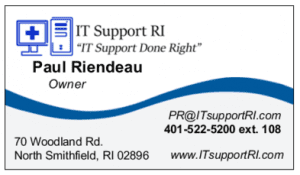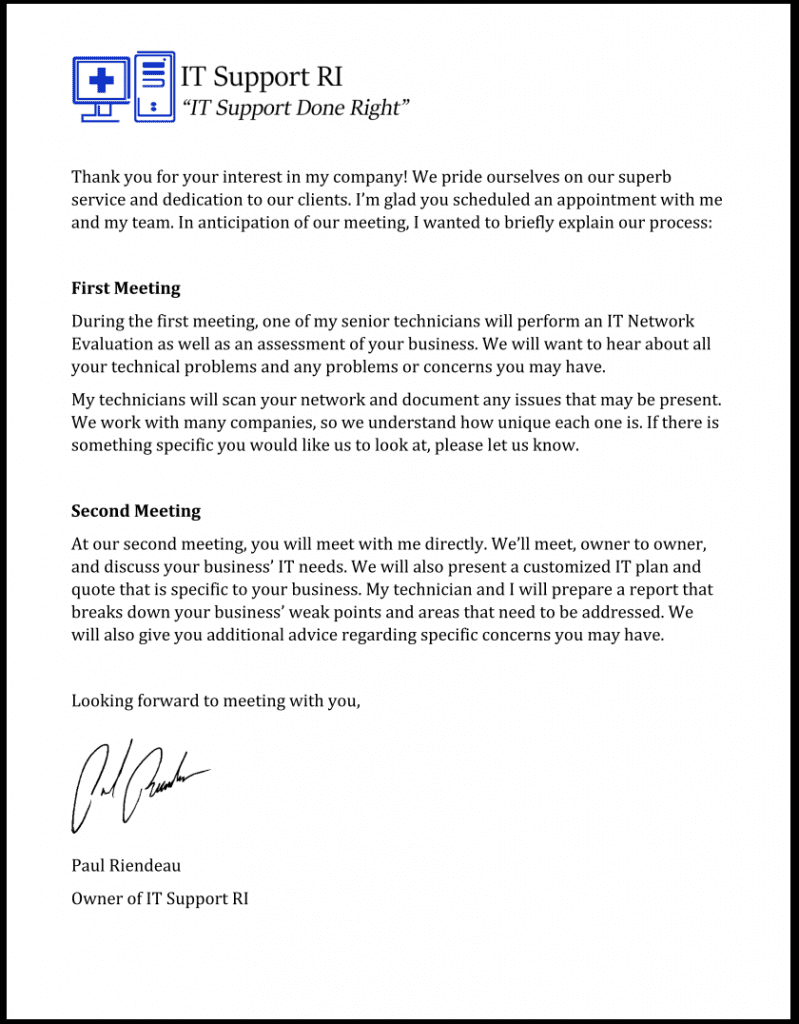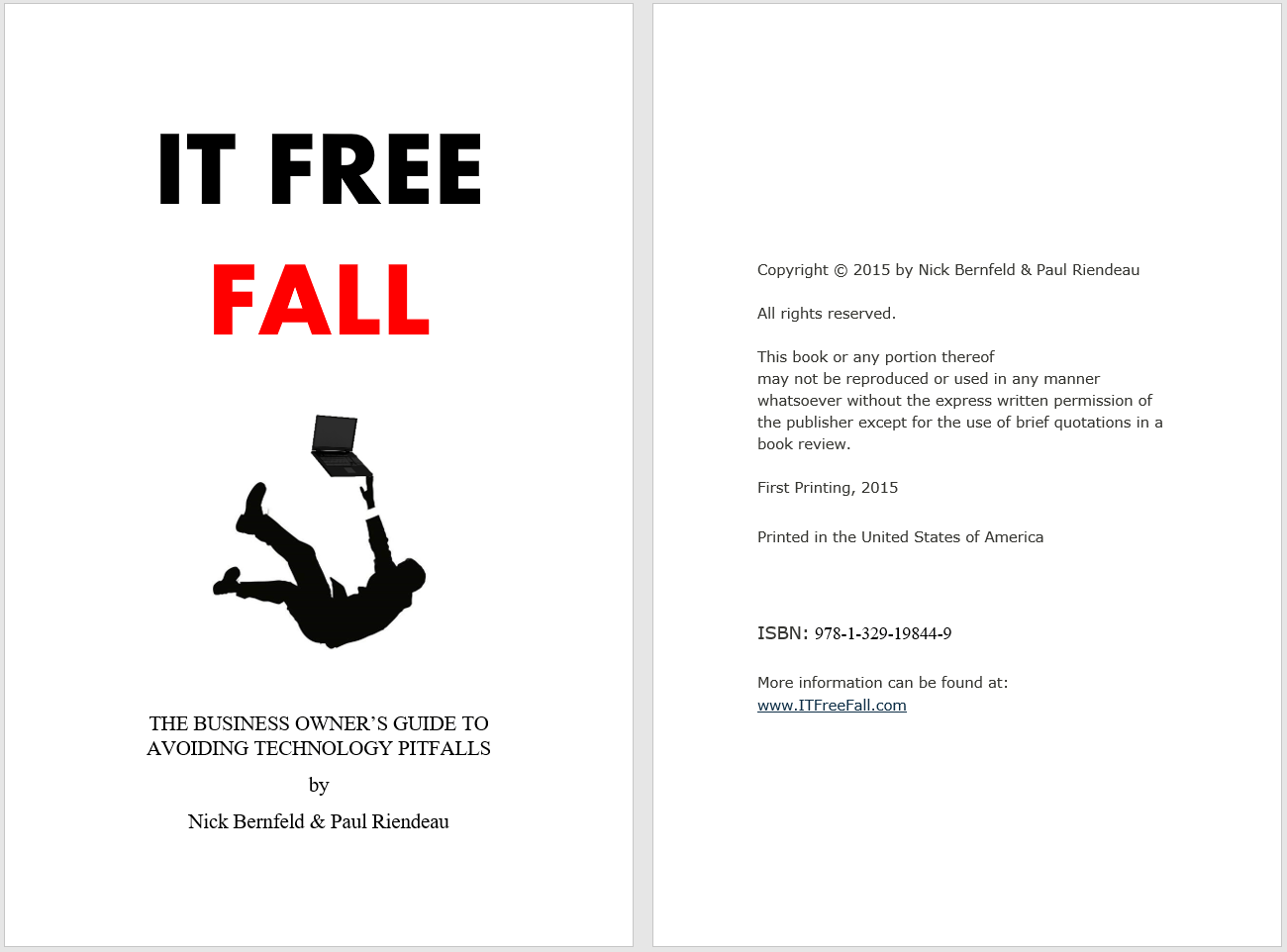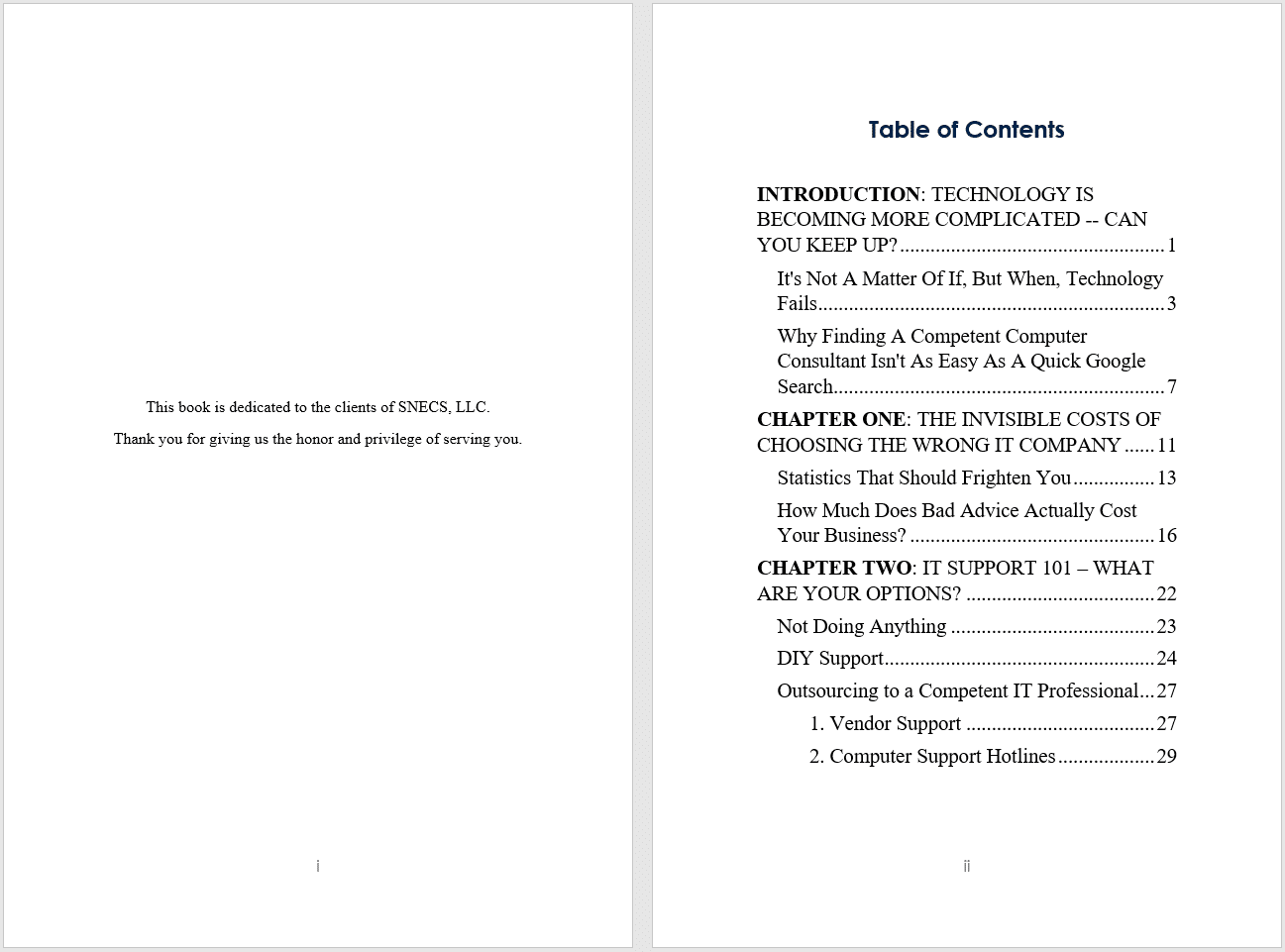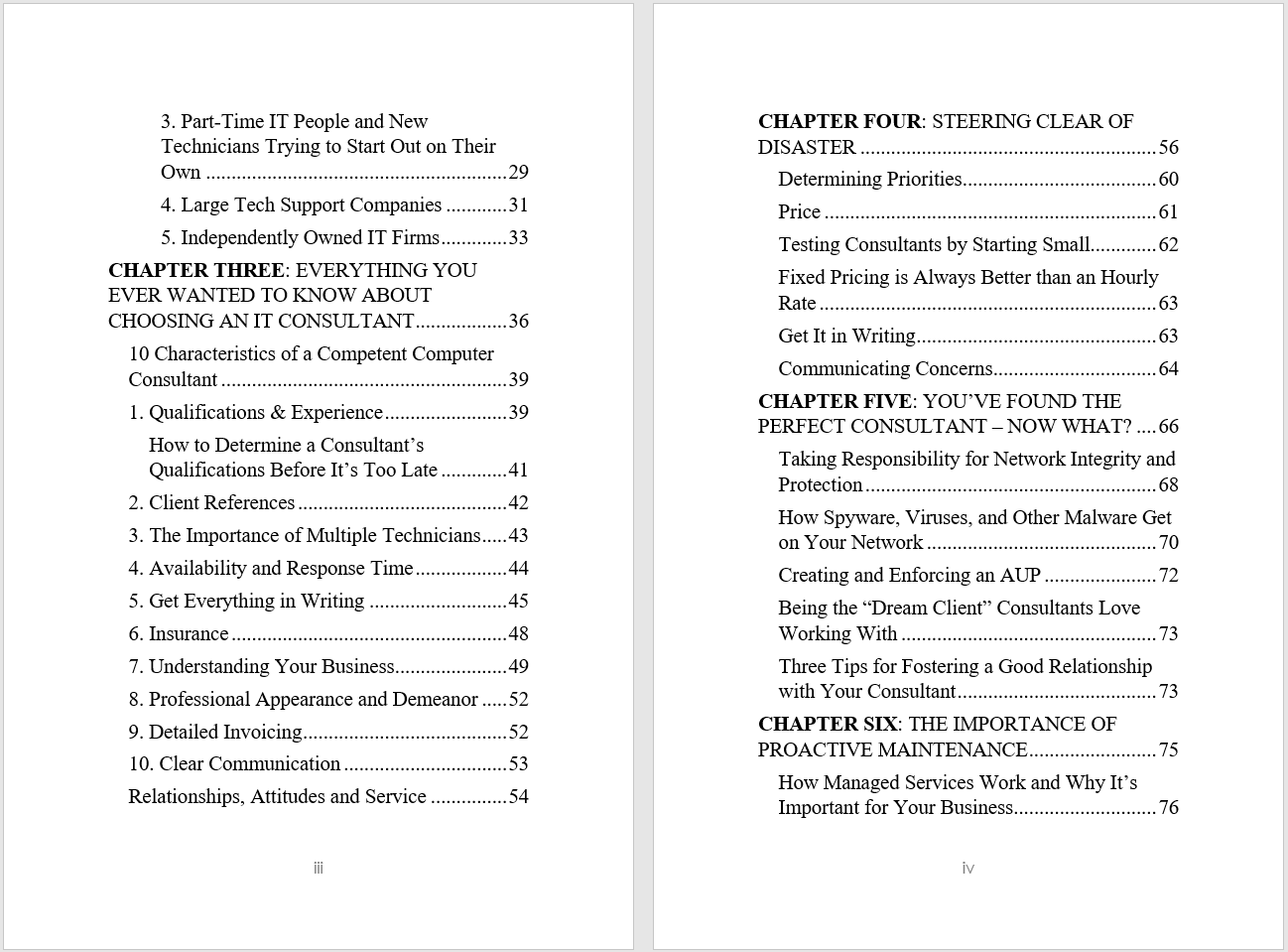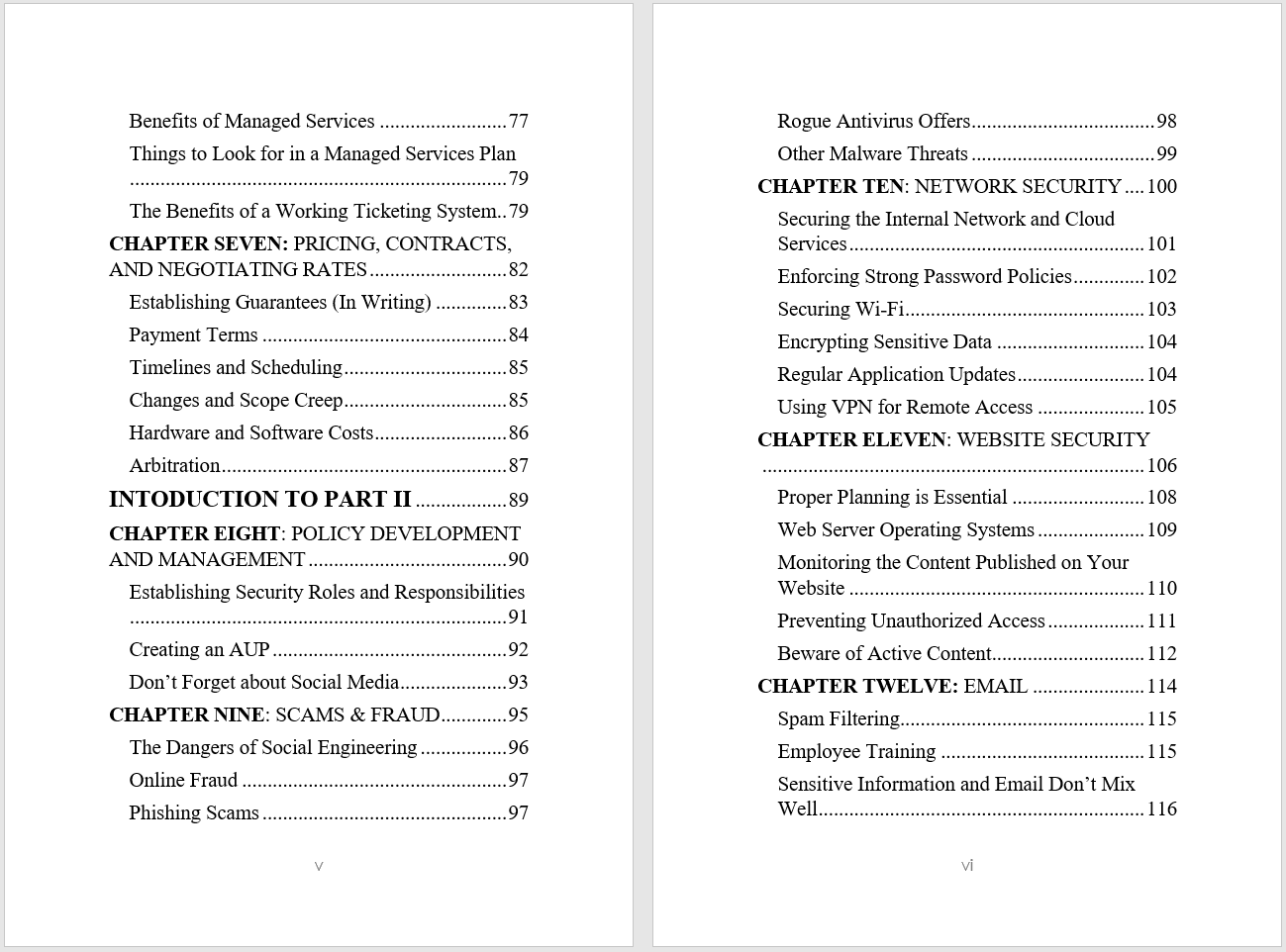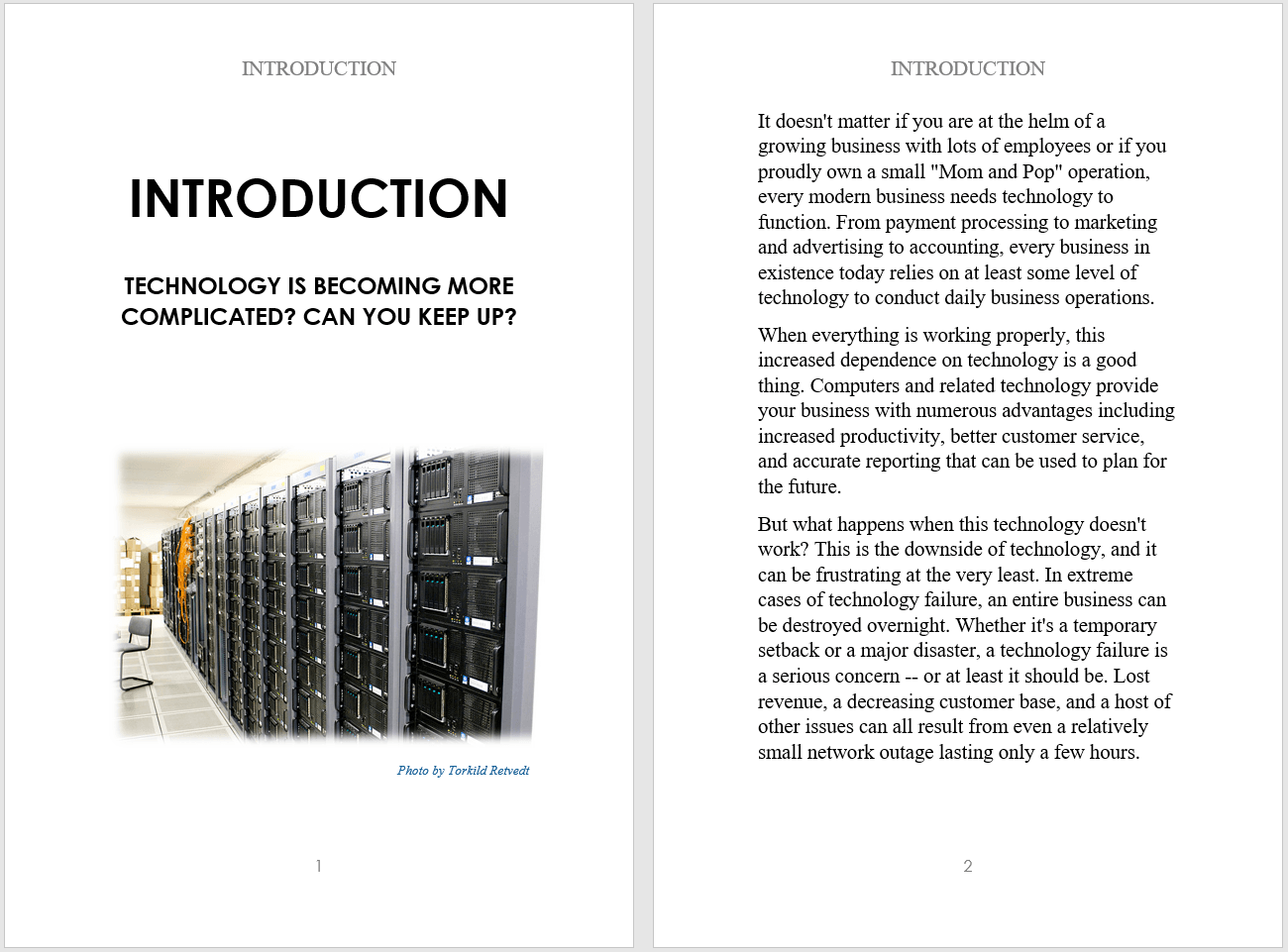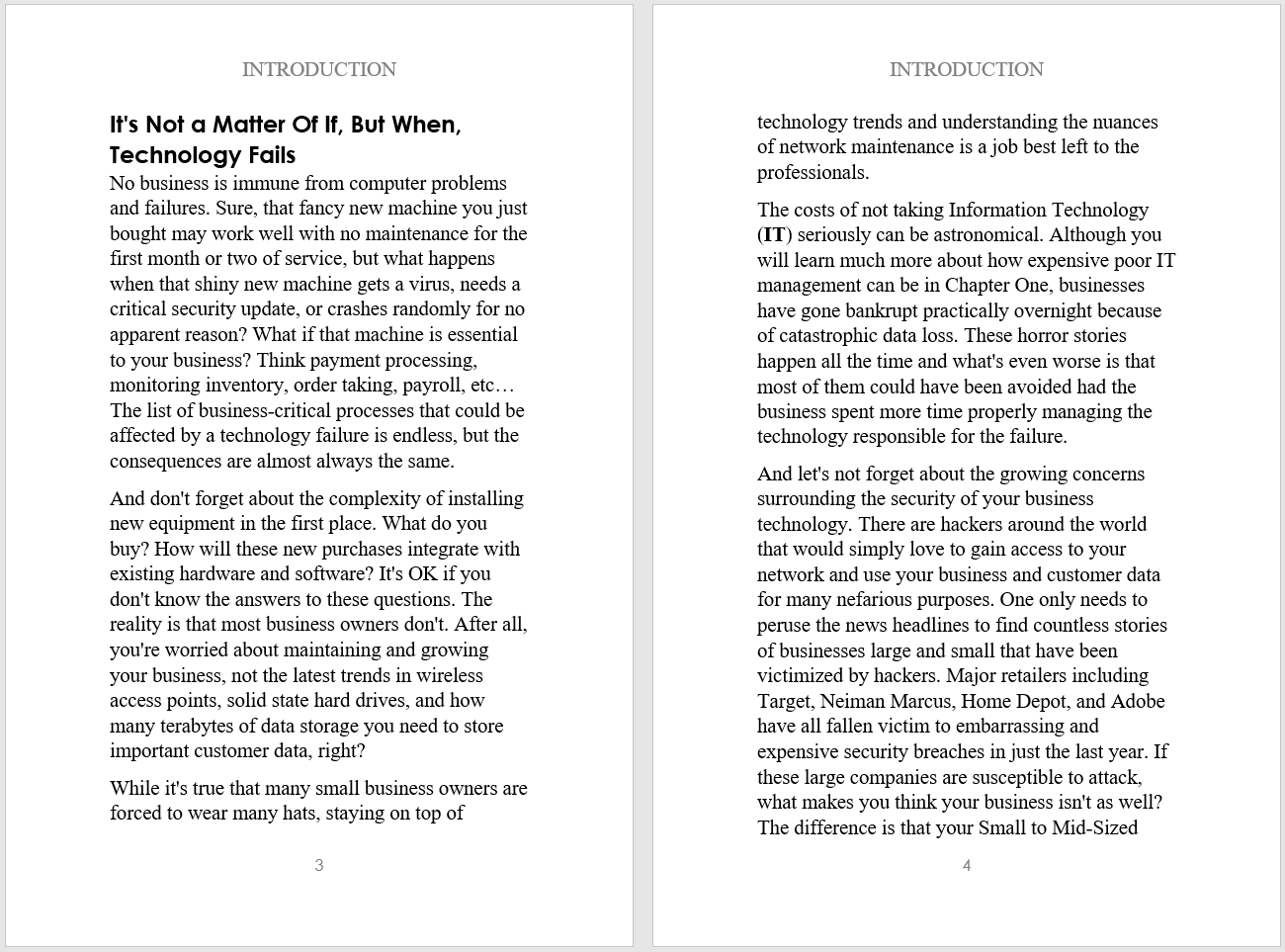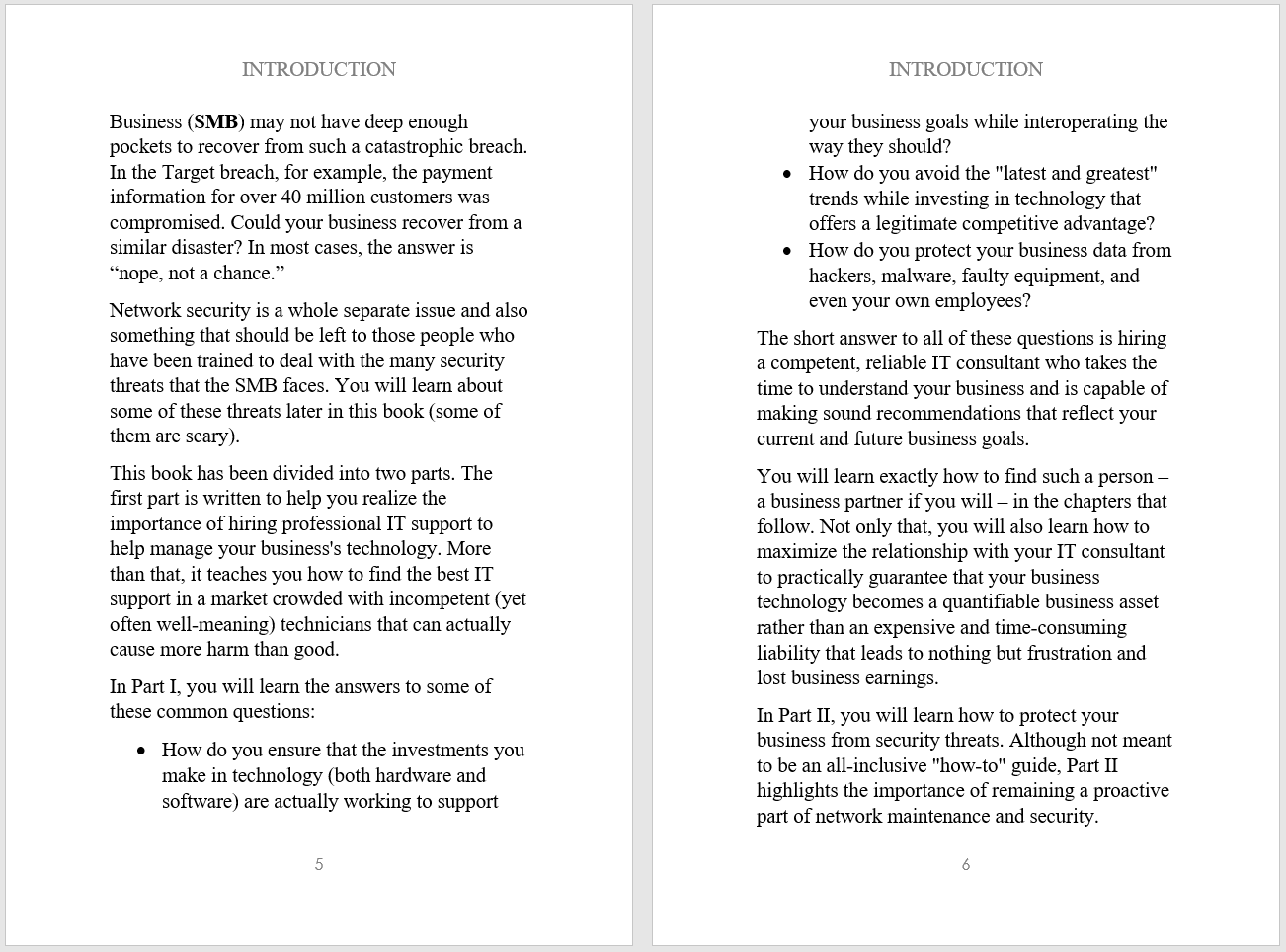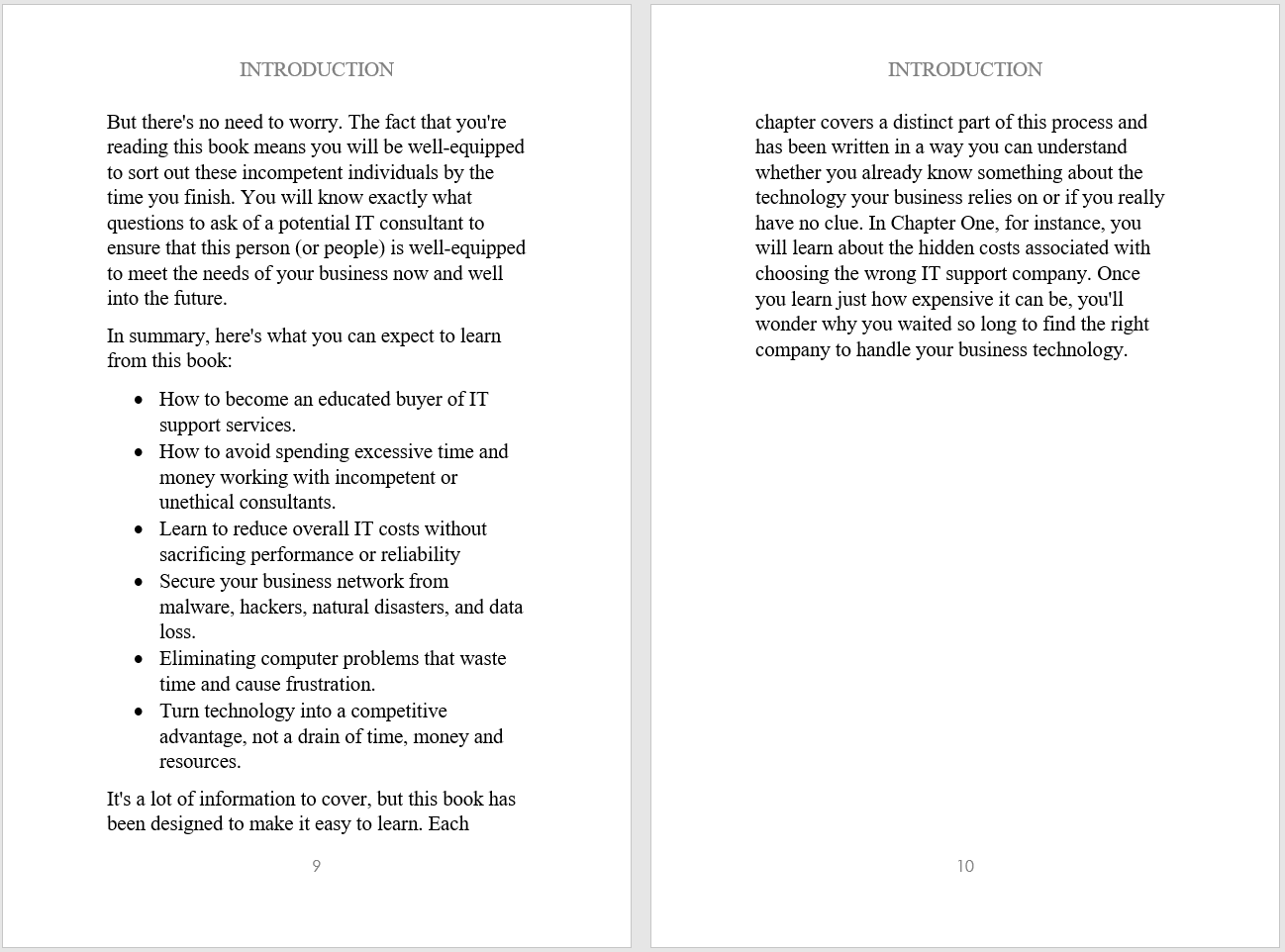Disaster Recovery | Uxbridge, MA
Ensure your business is not only prepared for a disaster, but survive it!
Have you ever been affected by Cryptolocker? Did you have a disaster that destroyed your server and all its files? Will your business suffer if your server and data is inaccessible, even for a day or two? Are you lacking a plan that would save your business if your server goes down? If you answered “YES” to any of these questions, we have the solution for you!
Having a Backup Disaster Recovery (BDR) plan in place can help prevent catastrophic events that could destroy your company. With a comprehensive BDR plan in place, your business can bounce back quickly when disaster strikes. Your data is one of your most vital business assets and needs to be treated as such! To ensure true business continuity following any type of hardware failure or downtime, organizations today must have well defined BDR processes.
We perform disaster recovery services, data backup solutions, and BDR services for companies in the Uxbridge, MA area. Our goal with disaster recovery solutions & data backup services is to help your company secure internal data, files, and assets in order to successfully navigate any issues or complications that may arise.
Do you need a BDR plan?
Call us at 401-566-4242
You can also fill out the form.
Protect Your Reputation
Having a backup and disaster recovery (BDR) plan in place can help ensure that downtime won’t destroy your company’s reputation and keep clients happy.
Less Downtime
Time is money and a BDR safeguards you during disaster. If your server is down or data is inaccessible, you stand to lose money, profit, and customers.
Cost Savings
BDR plans offer long-term savings! With a BDR plan in place, companies can recover faster, avoiding the costs of lost revenue and customers associated with downtime.
Secure Backups
BDR plans allow you to store your data locally, offsite, and on multiple devices; ensuring that data is redundant, secured, and most importantly, retrievable.
What Is A Backup?
Any important files for your business should be backed up regularly to prevent loss of data and to ensure recovery if needed. Utilizing the 3-2-1 Backup strategy is perfect as it includes (3) copies of your data, stored in (2) different media types, with (1) located offsite.
Backup vs Disaster Recovery
While disaster recovery services and data backups go hand in hand, they aren’t the same thing. Having backups does not mean you have a disaster recovery plan in place—it just means that you have copies of essential data stored. Think of a backup as being a small portion of disaster recovery. To ensure business continuity, you need a disaster recovery plan, an outline of what you do when things take a turn for the worse.
Many disaster recovery plans include redundancy for your business, especially for your server and data files. Keeping business operations going during a crisis is much simpler when you have a plan before things happen.
Cloud, On-premise, or Hybrid Backups?
Cloud-based backup and disaster recovery solutions are becoming popular among organizations of all sizes. Cloud backups allow data to be stored securely in the cloud, while allowing multiple users to access the files.
Keeping certain backup or disaster recovery processes on-premises can help you retrieve data and recover quickly. Storing sensitive data on premises is also seem appealing if you need to comply with strict data privacy or government regulations.
A hybrid backup provides a combination of cloud data backup and storage with local backup, while still offering the advantages of scalability. A hybrid data backup solution automatically backs up critical data to a remote server in the cloud, while a performing a local backup using a drive on the local network or a network attached storage device.
What Is Disaster Recovery?
Disaster recovery refers to the plan and processes for quickly re-establishing your business, including access to applications, data, and IT resources after an outage. Disaster recovery is like backup but is used on a larger scale. It focuses on keeping all aspects of the business running, despite experiencing a disaster.
Because technology is so critical to the success of the business, disaster recovery is a main component in the business continuity process. Planning, documenting, and safeguarding your core business pillars beforehand saves time and money in the long run.
What is a Disaster Recovery Plan?
A disaster recovery plan is a documented set of procedures to help businesses recover and protect their assets, including their data and IT infrastructure, in the event of a disaster. Disaster recovery plans will vary from business to business depending on the size, type of industry, and equipment. The plan delegates which key people are responsible for the duties to restore the business functionality.
Your IT department should be key in executing your disaster recovery plan to help with your technology needs, including redundancy for your server and its data.
Why Do You Need a BDR Plan?
Your business’ bottom line depends on productivity and if your business is offline due to data loss, then so are your profits. Given the amount of time and money you could lose, investing in backup and disaster recovery (BDR) is a cost-effective solution.
When disaster strikes, whether physical or virtual, having a data backup and recovery system can mean the difference between a slight inconvenience and total devastation.
On average, about 60% of businesses that suffer a breach or data loss go out of business within 6 months of the incident. Many companies that rely heavily on technology, but neglect to invest in it, often are the ones that become part of the statistics. A proper BDR is the best step you can take to safeguard your business.
Do you know what the “5 Most Common IT Mistakes” are?
The world of IT is constantly changing. Small and mid-sized businesses are put in the unique position of overseeing their own IT. However, for the average business owner, understanding and maintaining IT can be overwhelming. As a result, many businesses make the same 5 IT mistakes.
Examining these mistakes should help to:
- increase awareness
- improve the quality of your IT infrastructure in your office
- protect your business from a preventable IT catastrophe
Are You Making These IT Mistakes?
Find out today!
Don’t Take Our Word For It…Take Theirs!
Testimonials From Current Clients Enjoying Our IT Support
I met Paul while attending a conference. I expressed my concerns with my current tech support company. He offered to do an evaluation of my practice and I’m glad I took him up on that offer. During the evaluation, he pointed out many issues that my current IT guy was not addressing. My server was old and outdated, I had no backup system in place, no security for my network, and all my Nidek devices were not working together with Revolution EHR. Paul and his team also quickly realized that we were victims of the CryptoLocker virus and expressed how important backups are.
I went with Paul and his team at IT Support RI as my new IT support company. I am passionate about technology and they have my advanced devices working the way they should now. I have all my Nidek hardware like my Optomap, Refractor, and Auto-Lensmeter working with my Revolution EHR which was something my previous tech guy couldn’t get working. I am happy my network is secure and I have the peace of mind that I have backups of all my important information. Everything that Paul pointed out in the original visit has now been corrected and is working the way it should. I recommend Paul and his team to anyone in the medical field, especially other optometrists.
We love working with everyone at IT Support RI! Before, I never had the confidence before to get rid of any files documents. I refused to scan any documents or throw anything away because I never trusted the backups would actually work. Now, I sleep better knowing that I don’t have to worry. If something happens, I know I can give you a call and I’ll be up and running in no time. I feel so good now about everything. It’s changed the way we can run the office.
Start focusing on your business, not your IT problems.

Want to learn more about getting IT Support RI-ght? Read our book!
IT Free Fall:
The Business Owner’s Guide To Avoiding Technology Pitfalls

